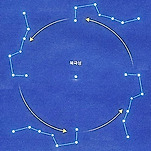게시글 본문내용
|
|
다음검색
출처: 헝가리 원광사 청안스님을 후원하는 사람들의 모임(원광회) 원문보기 글쓴이: ivory
댓글
검색 옵션 선택상자
댓글내용선택됨
옵션 더 보기


